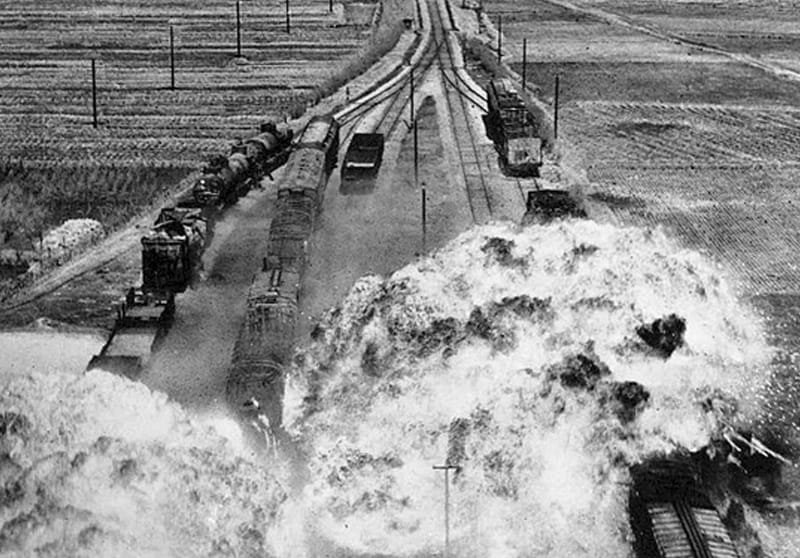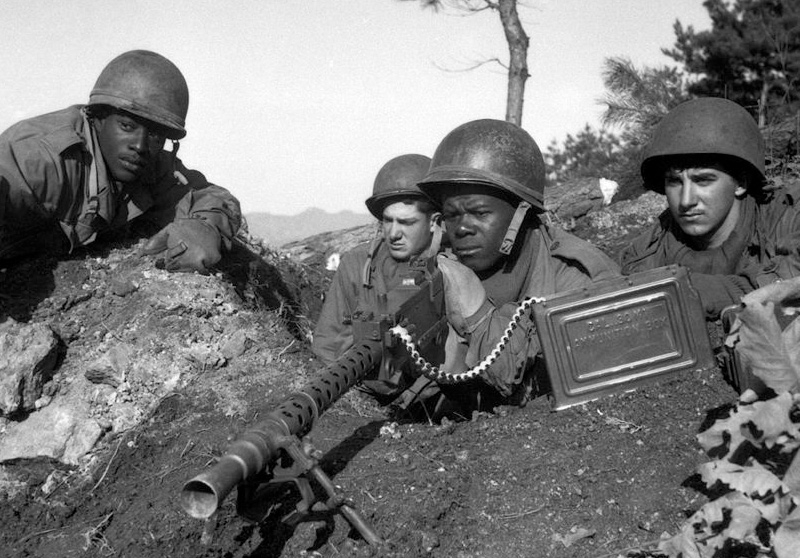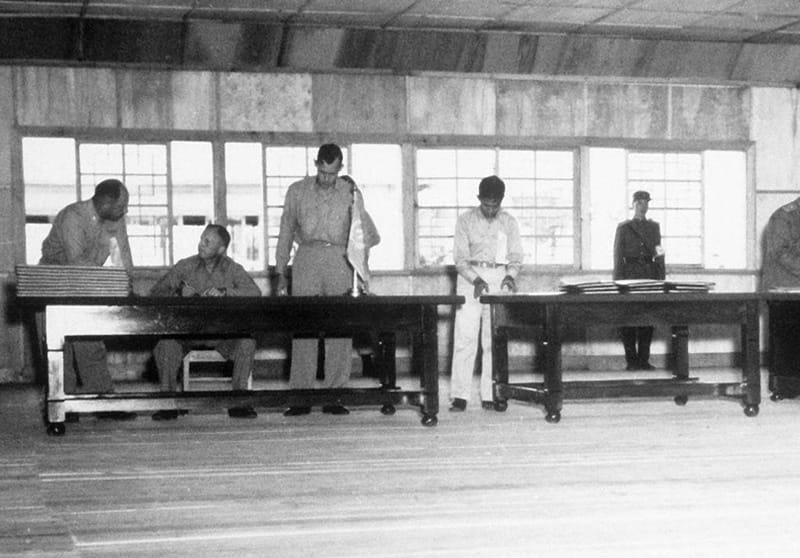The Korean War was a devastating conflict that had major implications for both Korea and the rest of the world. While there were many successes and achievements during the war, there were also several blunders that had significant consequences. In this article, we will explore some of the biggest blunders of the Korean War.
The Failure to Establish Air Superiority: The Korean War began with a surprise attack by North Korea on June 25, 1950. The North Koreans quickly gained the upper hand, in part because the United States had failed to establish air superiority. The U.S. Air Force was still in the process of demobilizing after World War II, and its planes were largely obsolete. This allowed the North Koreans to launch devastating ground attacks without fear of retaliation.
The Decision to Cross the 38th Parallel: After months of fighting, the U.S. and South Korean forces had pushed the North Koreans back to the 38th parallel, which had been established as the border between North and South Korea after World War II. General Douglas MacArthur, the commander of U.S. forces in Korea, made the controversial decision to cross the 38th parallel and pursue the retreating North Koreans into their own territory. This decision provoked a Chinese intervention and extended the war for several more years.
The Inability to Eliminate Enemy Supply Lines: Throughout the war, the Chinese and North Koreans were able to maintain their supply lines despite heavy U.S. bombing campaigns. This allowed them to continue fighting, even when they were vastly outnumbered and outgunned. The U.S. Army failed to recognize the importance of these supply lines and did not devote enough resources to eliminating them.
The Failure to Use Nuclear Weapons: President Harry Truman and his advisers seriously considered using nuclear weapons during the Korean War. However, they ultimately decided against it, in part because they feared a Soviet response. While this decision may have prevented a larger war, it also left the U.S. without a decisive weapon to end the conflict.
The Stalemate at the Negotiating Table: The Korean War ended with an armistice in 1953, but the two sides were never able to sign a peace treaty. Negotiations at the truce talks in Panmunjom dragged on for over two years, with both sides unwilling to make significant concessions. This left the Korean peninsula divided and tensions high, setting the stage for future conflict.
Wrapping up, the Korean War was a complex conflict with many factors contributing to its outcome. However, these blunders had significant consequences and should serve as a cautionary tale for future military engagements. By learning from the mistakes of the past, we can hopefully avoid repeating them in the future.
- The Battle of Midway: Turning the Tide in the Pacific - June 7, 2023
- The D-Day Operation of June 6, 1944 - June 6, 2023
- The B-29 that Changed History - June 4, 2023





